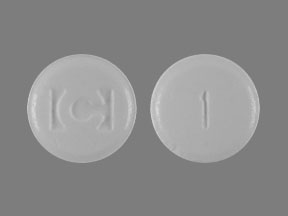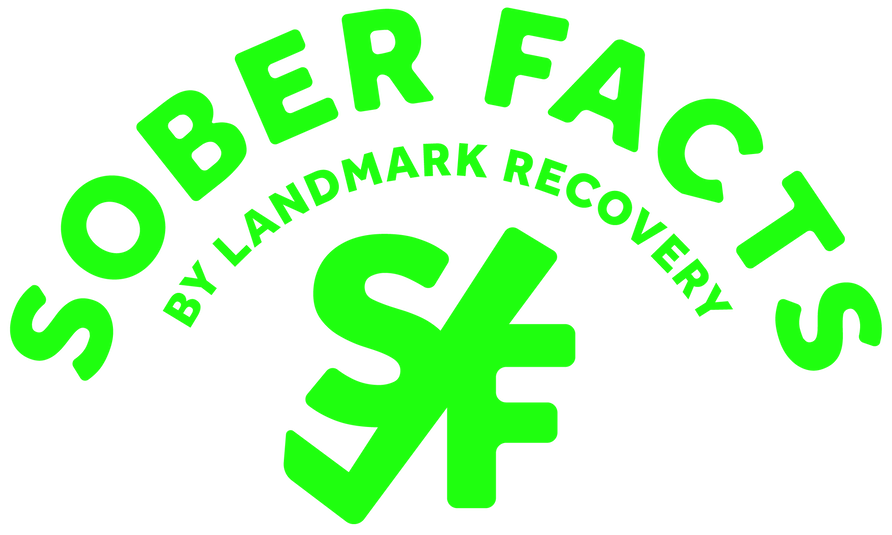Choosing recovery close to home means your support system is just a few miles away.
- 100% Confidential
- Available 24/7
- No Pressure to Commit
- Multiple Financial Options Available
Choosing recovery close to home means your support system is just a few miles away.

Sounds Like: fin.tuh.NEEL
Classification: Opioid Analgesic
Controlled Substance Act Schedule: II
Other names for Fentanyl

Fentanyl is a powerful synthetic opioid prescribed for moderate-to-severe pain. It belongs to a class of drugs called opioid analgesics, or pain relievers. Fentanyl is known to be 50-to-100 times stronger than other opioids like morphine or heroin. The synthetic opioid is most commonly used to manage chronic pain in cancer patients aged 18 or older.
Fentanyl has a high risk for addiction. Any person who uses opioids can develop a tolerance or addiction. People who take Fentanyl without a prescription to get high may experience short-term effects of sedation, extreme happiness and relaxation. As a result, they could develop a tolerance to the drug as the effects become shorter and shorter.
If withdrawal symptoms occur when a person stops taking fentanyl, that’s a sign their mind or body has become dependent on the drug. Repeated use of fentanyl increases the risk of a fatal overdose, even in small doses. Prolonged use can cause breathing problems, drowsiness and lightheadedness. If you drink alcohol while taking fentanyl or unknowingly combine it with street drugs, your breathing can slow down or stop, leading to death.
Need help with Fentanyl or another drug addiction?
Call Landmark Recovery and speak with an admission specialist today.
Call NowWe're available 24/7 to help you find Recovery
In 2011, the FDA approved the use of fentanyl nasal spray to help manage breakthrough pain in cancer patients. It’s normally prescribed for patients who’re already receiving and are tolerant to opioid therapy for their prolonged cancer pain. Fentanyl is extremely lethal in small doses and is not recommended for use in children.
Fentanyl is taken as a sublingual (under the tongue) tablet in strengths of 100 to 800 micrograms. It can also be administered in patch form and as a nasal spray. The appropriate dose of fentanyl varies from patient to patient.

If any of these side effects become severe, immediately call a doctor.
Uncontrolled cravings for fentanyl
Unsuccessful attempts to stop using the drug
Physical, flu-like withdrawal symptoms
Prioritizing use of fentanyl over spending time with family or friends
Legal or financial problems
Use of fentanyl despite adverse of negative behaviors
Stealing items or money to purchase fentanyl
Lying to doctors or therapists to get more fentanyl
Actor Michael K. Williams (HBO’s “The Wire”) died from an overdose of fentanyl in 2021
Over 150 people die every day from overdoses related to synthetic opioids like fentanyl
More than 56,000 Americans died from synthetic opioid-related overdoses in 2020